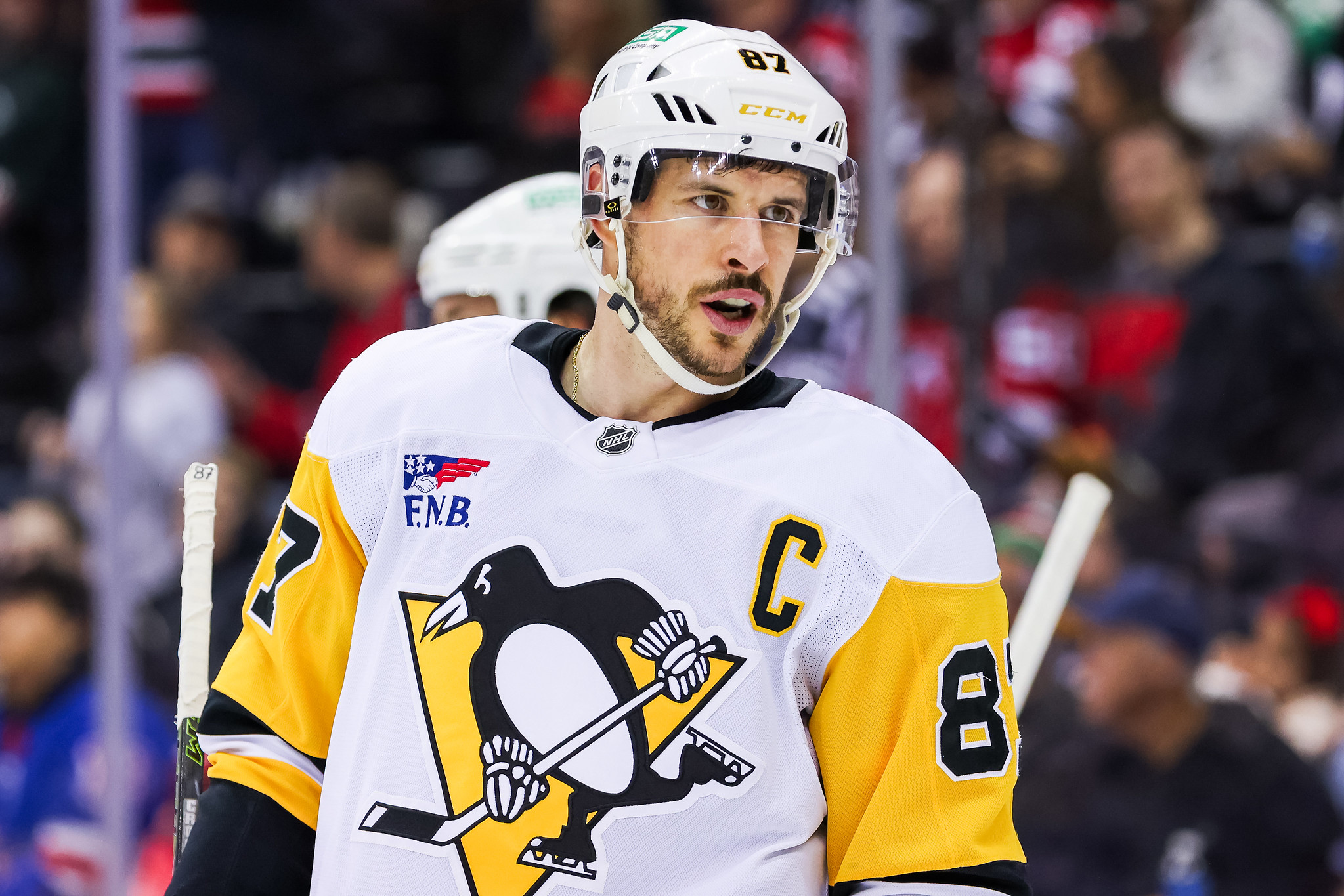

Dan Muse has been named the 23rd head coach of the Pittsburgh Penguins, inheriting a team in transition. To ensure a successful first year, Muse needs to focus on several key areas.
1. Assembling a Strong Coaching Staff:
Muse faces the immediate task of building his coaching staff. With the departure of assistant coaches like Mike Vellucci, David Quinn, and Ty Hennes, Muse essentially has a blank slate. According to a June 5, 2025 article in the Pittsburgh Post-Gazette, goalie coach Andy Chiodo is the only potential holdover. Muse needs to identify and recruit assistant coaches who complement his strengths and can contribute to player development and tactical implementation. Kyle Dubas, the Penguins' General Manager, emphasized Muse's attention to detail and special teams expertise, so assistant coaches with a similar focus could be beneficial.
2. Defining a Clear Tactical Approach:
Muse needs to work closely with Kyle Dubas and the hockey operations staff to define a clear and effective playing style for the Penguins. Dubas has noted Muse's adaptability and ability to teach different systems, which suggests the Penguins are looking for a coach who can implement a flexible and modern game plan. This tactical vision needs to align with the current roster while also considering the development of younger players.
3. Prioritizing Player Development:
A major component of Muse's success will be his ability to develop young players within the Penguins organization. Muse has a proven track record of fostering young talent, particularly from his time with the U.S. National Team Development Program and the Chicago Steel. The Penguins have several promising prospects, including Rutger McGroarty, and Muse needs to create an environment where these players can grow and contribute to the team's future success. This involves providing them with opportunities to play, learn, and refine their skills.
4. Integrating Veterans and Youth:
Balancing the contributions of veteran players like Sidney Crosby, Evgeni Malkin, and Kris Letang with the development of younger players will be crucial. Muse needs to find ways to maximize the remaining skills and leadership of the veterans while simultaneously giving younger players meaningful roles and responsibilities. This may involve strategic line combinations, power-play assignments, and mentoring opportunities.
5. Improving Special Teams Performance:
Muse has a history of success in coaching special teams, particularly penalty killing. During his time with the Nashville Predators and New York Rangers, he played a key role in improving their penalty-killing performance. The Penguins will need to improve their special teams play. Muse's expertise in this area could be a significant asset, helping the team gain an edge in close games.
6. Managing Expectations and Building a Foundation:
Kyle Dubas has indicated that the Penguins are not necessarily aiming to build a playoff-caliber roster for the upcoming 2025-26 season. Instead, the focus is on positioning the team for stronger contention in the future. This means that Muse needs to manage expectations and focus on building a strong foundation for long-term success. This involves making smart personnel decisions, developing a winning culture, and instilling a sense of discipline and accountability throughout the organization.
7. Communication and Relationship Building:
Muse's ability to connect with players at all stages of their careers has been cited as a key reason for his hiring. Building strong relationships with both veteran and young players will be essential for earning their trust and buy-in. Effective communication, empathy, and a willingness to listen to player feedback will be critical for creating a positive and productive team environment.
By focusing on these key areas, Dan Muse can lay the groundwork for a successful first year as head coach of the Pittsburgh Penguins, setting the stage for a brighter future for the franchise.